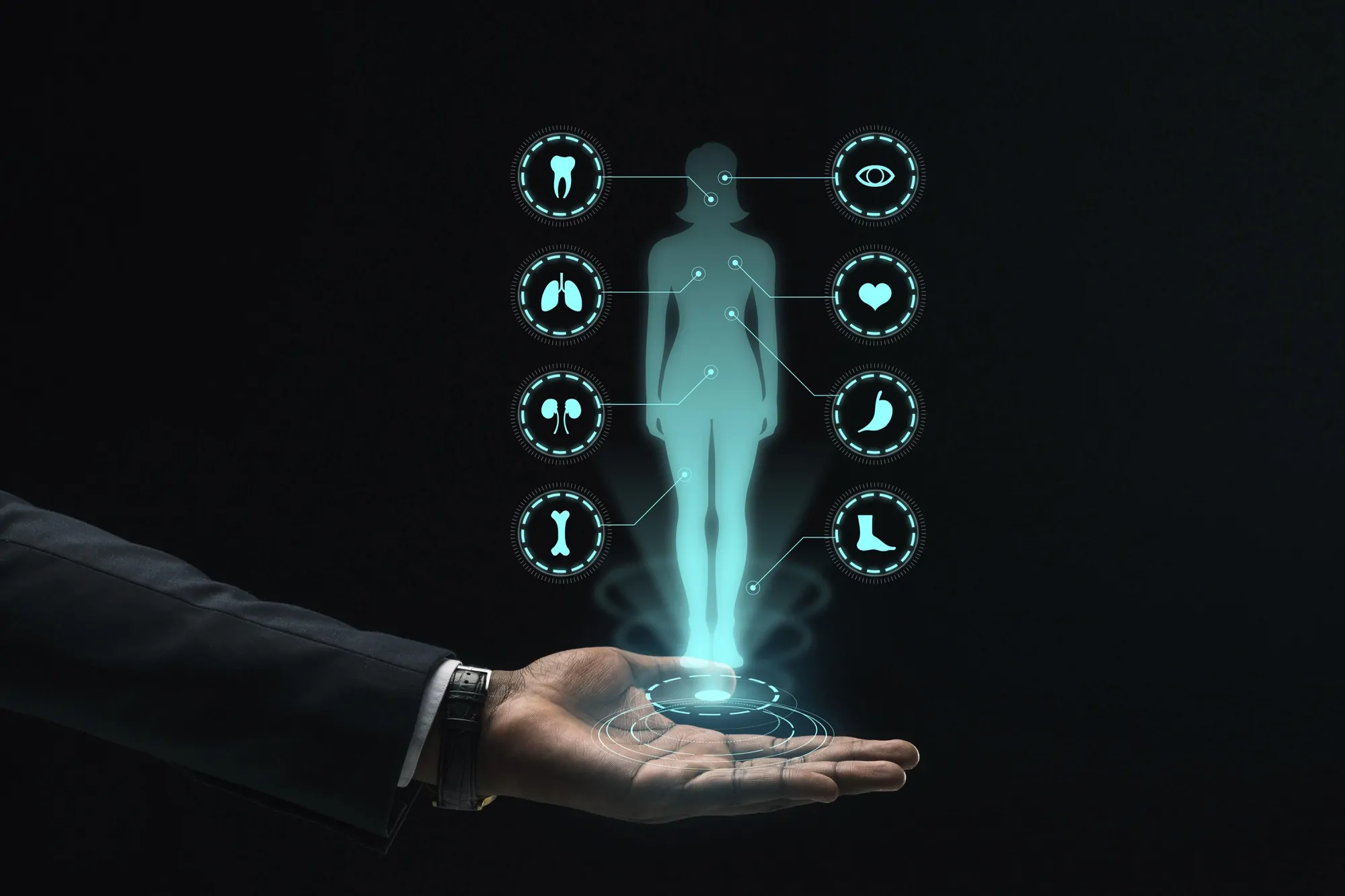Polygraph testing is becoming increasingly popular in the modern world. In many cases, it is the most effective, and sometimes the only way to find out the truth, understand a person’s motives and determine the circumstances of certain situations. However, it is important to understand how exactly the lie detector works and what restrictions there are to passing it. For some people, such a study becomes impossible. And today we will talk about such cases and explain their reasons.
The impact of lie detector on human health
The polygraph itself has absolutely no effect on the human body. There is no harmful radiation or pain during the procedure.
What happens in reality: sensors and detectors are attached to the human body, which read and record the physiological reactions (pulse, breathing, pressure, sweating) of the person while answering questions. This is the principle of the lie detector.
It is worth understanding that sometimes the very thought of an upcoming polygraph test can cause anxiety. And if for an ordinary person anxiety does not create any risks, then for people with an unstable psyche everything is different. Thus, the main risk factor for people with certain diseases is the stress they experience and its impact on the body. In addition to the risk to the person himself, in such cases the test results can be too distorted and uninformative. As a result, the effectiveness of the study is reduced to zero.
Contraindications to taking a polygraph test
There is a clearly defined list of diseases and body characteristics, in which the lie detector test is not carried out. Any good specialist will refuse to conduct the test if:
- The person suffers from severe cardiovascular diseases. If people have pronounced arrhythmia, angina, have recently suffered a heart attack or stroke, then testing is not allowed. This is based on the fact that the polygraph, one way or another, causes stress, which can provoke pressure surges and increased heart rate. In the presence of heart pathologies, such reactions can carry significant risks to human health.
- A person experiences hypertensive crises and has unstable blood pressure in general. If a person has unstable hypertension, often experiencing sharp increases or drops in blood pressure, polygraph testing will most likely be postponed until the condition normalizes or even cancelled. Atypical pressure will affect the data recorded by the polygraph and may also worsen health.
- The person has severe mental disorders. A number of diagnoses make a polygraph test unacceptable. These include schizophrenia, acute psychosis, deep depression with suicidal thoughts, and manic states. In the presence of such problems, a person often perceives questions inadequately, and the results of the lie detector will be largely unreliable.
- The person has neurological disorders. If the subject suffers from epilepsy, has recently suffered from craniocerebral trauma, has acute cerebrovascular accidents, testing cannot be performed. The study must be postponed until the person’s condition stabilizes. This is due to the fact that strong emotional stress, often caused by the lie detector, can provoke an attack.
- Pregnancy in women. Although pregnancy is not considered a direct and categorical contraindication, many centers that provide polygraph services refuse to conduct the study. They refuse especially often if the girl is in the late stages (20-25 weeks). The thing is that in this situation, natural changes in blood pressure and heart rate can be observed, which affects the reliability of the indicators. In addition, many women also experience high emotional instability and mood swings. This can not only distort the results, but also create some health risks.
Contraindications may also include exacerbations of respiratory diseases, the presence of dermatological problems at the sites of sensor attachment, as well as acute pain of any etiology.
Of course, do not forget that before the examination you should avoid taking drugs that affect the nervous system. If a person cannot refuse them for one reason or another, passing the detector will be impossible. Such drugs include tranquilizers, antidepressants, sedatives, and strong painkillers. All this will distort reactions and smooth out the emotional background.
Experienced specialists with modern high-precision equipment polygraph Lvov always conduct a study to ensure that there are no contraindications.
